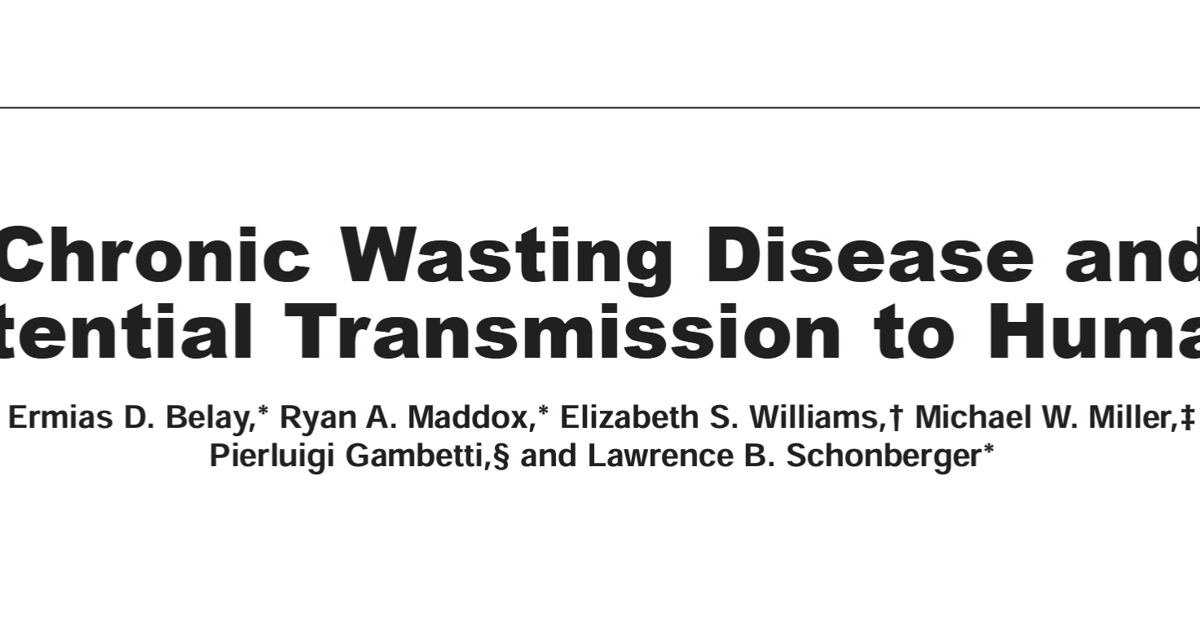Autoimmune diseases, which occur when the immune system mistakenly attacks the body’s own cells, are becoming a significant health concern worldwide. In the United States alone, an estimated 50 million individuals are affected by these disorders, with millions more grappling with similar conditions globally. As research progresses, scientists are making strides in understanding the complexities of these diseases, which remain challenging to diagnose and treat.
Understanding Autoimmunity
The mechanisms behind autoimmune diseases are still not fully understood. Conditions such as rheumatoid arthritis, lupus, and multiple sclerosis represent just a few examples of how the immune system can malfunction. According to the World Health Organization (WHO), these diseases are on the rise, potentially due to a combination of genetic, environmental, and lifestyle factors. What complicates matters further is the fact that symptoms can vary widely among individuals, making diagnosis a difficult task for healthcare professionals.
Research institutions and health organizations are increasingly focusing on autoimmune diseases to pinpoint their underlying causes. The National Institutes of Health (NIH) is funding numerous studies aimed at unveiling the genetic predispositions and environmental triggers that contribute to these conditions. Notably, the NIH’s recent initiatives have led to a surge in clinical trials, providing hope for new treatment modalities.
Recent Advances in Research
Recent studies have highlighted the role of the microbiome in autoimmune diseases. Researchers have discovered that the gut bacteria composition may influence immune responses. For instance, a study published in March 2024 found that individuals with certain autoimmune conditions had distinct microbiome profiles compared to healthy individuals. This finding opens up the possibility of using probiotics or dietary changes as potential therapeutic options.
Moreover, advancements in immunology are paving the way for targeted therapies that could revolutionize treatment. Researchers are exploring biologic drugs that specifically inhibit the pathways involved in the immune response. These medications could offer more effective and personalized treatment options for patients suffering from autoimmune diseases.
As the scientific community continues to explore this complex field, the potential for breakthroughs grows. Understanding the intricacies of the immune system not only aids in developing better therapies but also enhances our overall knowledge of human health.
In conclusion, the rise of autoimmune diseases presents a pressing challenge for modern medicine. With millions affected globally, it is crucial for researchers and healthcare professionals to collaborate on innovative approaches to diagnosis and treatment. As studies advance and new insights emerge, there is hope that the mysteries surrounding these conditions will gradually be unraveled, leading to improved outcomes for patients worldwide.







